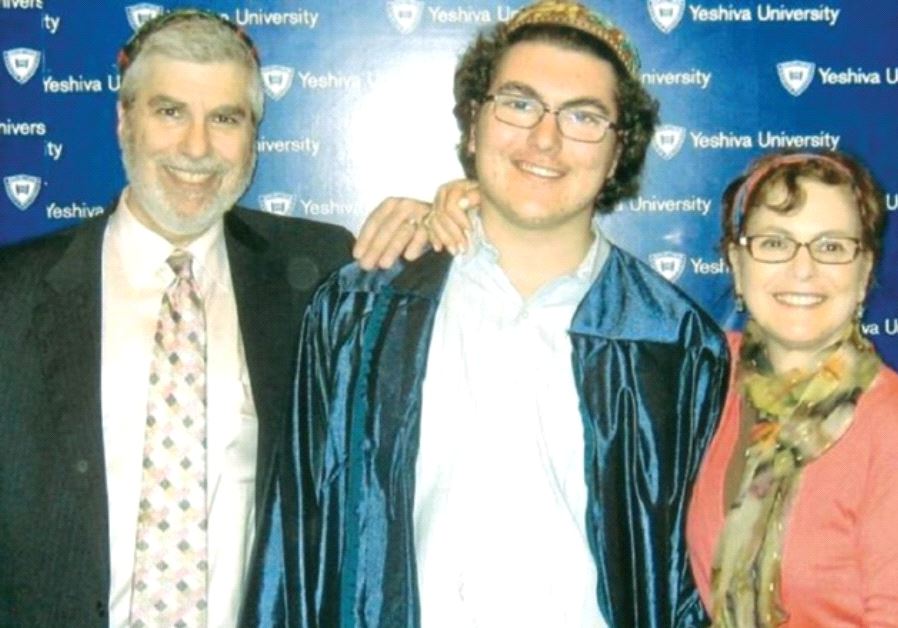High Court surprises, issues ruling in favor of US hiker’s family
The state has until January 6 to continue to oppose questioning Rothstein or accept the Newman family position that he must be questioned.
 MARK AND ELLEN NEWMAN with Ariel at his high-school graduation a few months before his death.Updated:
MARK AND ELLEN NEWMAN with Ariel at his high-school graduation a few months before his death.Updated: